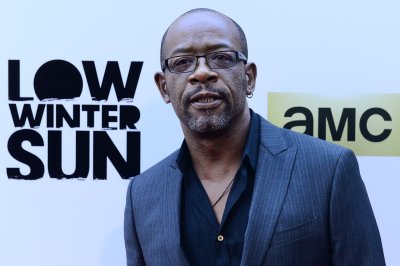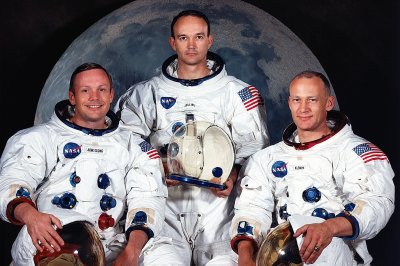Topic: Ruben Blades
Rubén Blades Bellido de Luna (Spanish pronunciation: ; born July 16, 1948) is a Panamanian salsa singer, songwriter, lawyer, actor, Latin jazz musician, and politician, performing musically most often in the Afro-Cuban and Latin jazz genres. As songwriter, Blades brought the lyrical sophistication of Central American nueva canción and Cuban nueva trova as well as experimental tempos and political inspired Nuyorican salsa to his music, creating thinking persons' (salsa) dance music. Blades has composed dozens of musical hits, the most famous of which is "Pedro Navaja," a song about a neighborhood thug who appears to die during a robbery (his song "Sorpresas" continues the story), inspired by "Mack the Knife." He also composed and sings what many Panamanians consider their second national anthem. The song is titled "Patria" (Fatherland).
He is an icon in Panama and is much admired throughout Latin America, and managed to attract 18% of the vote in his failed attempt to win the Panamanian presidency in 1994. In September 2004, he was appointed minister of tourism by Panamanian president Martín Torrijos for a five-year term. He holds a law degree from the University of Panama and a master's in international law from Harvard University. He is married to singer Luba Mason.
Blades was born in Panama City, Panama, the son of Anoland Diaz (Diaz was his mother's artistic surname, not her real name; Her maiden name was Bellido de Luna), a Cuban pianist, singer, and actress, and Ruben Dario Blades, Sr., a gifted athlete, percussionist and later a graduate of the Federal Bureau of Narcotics in Washington, D.C. His mother's great-uncle Juan Bellido de Luna was active in the Cuban revolutionary movement against Spain and was later a writer and publisher in New York. Blades's paternal grandfather, Reuben Blades, was an English-speaking native of St. Lucia who came to Panama as an accountant. His family is not quite sure how the Blades family ended up in St. Lucia, but when his grandfather relocated to Panama, he lived in the Panamanian Bocas del Toro Province. Ruben Blades thought until recently that his grandfather had come to Panama to work on the Panama Canal, as he tells in the song "West Indian Man" on the album Amor y Control ("That's where the Blades comes from") (1992). He explains the source and the pronunciation (/ˈbleɪdz/) of his family surname in his web show Show De Ruben Blades (SDRB) episode #18 on his website close to seven minutes into the recording.
It uses material from the Wikipedia article "Ruben Blades."














